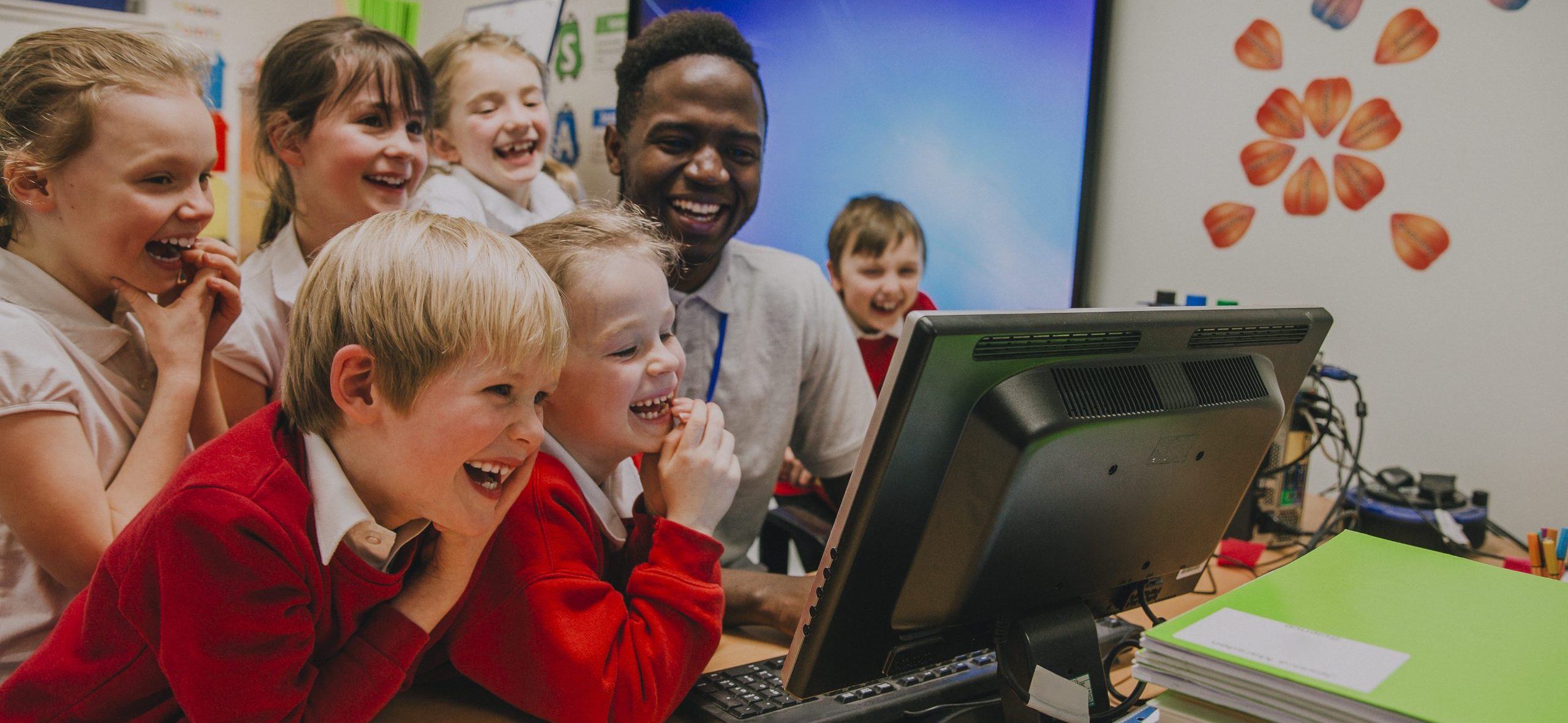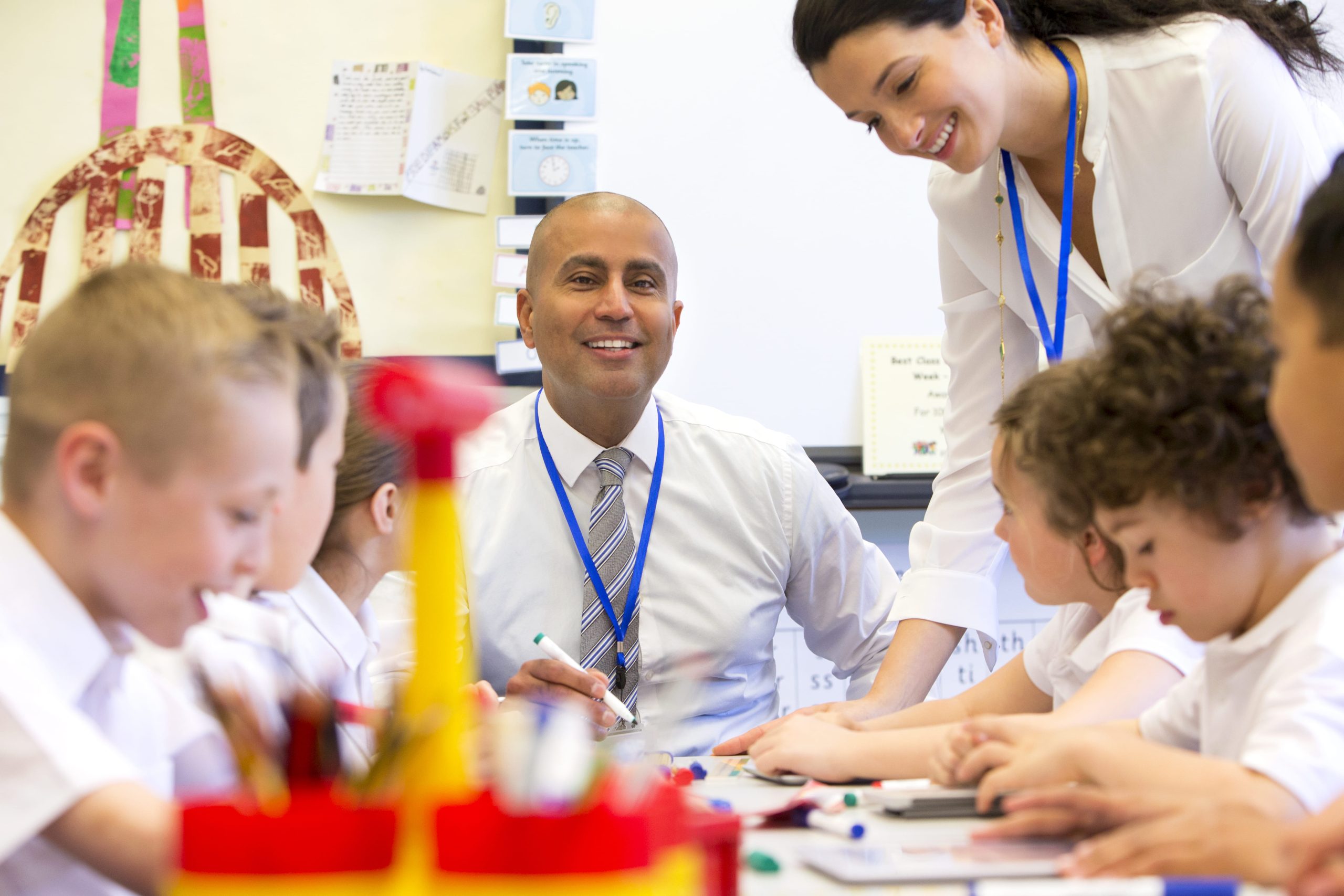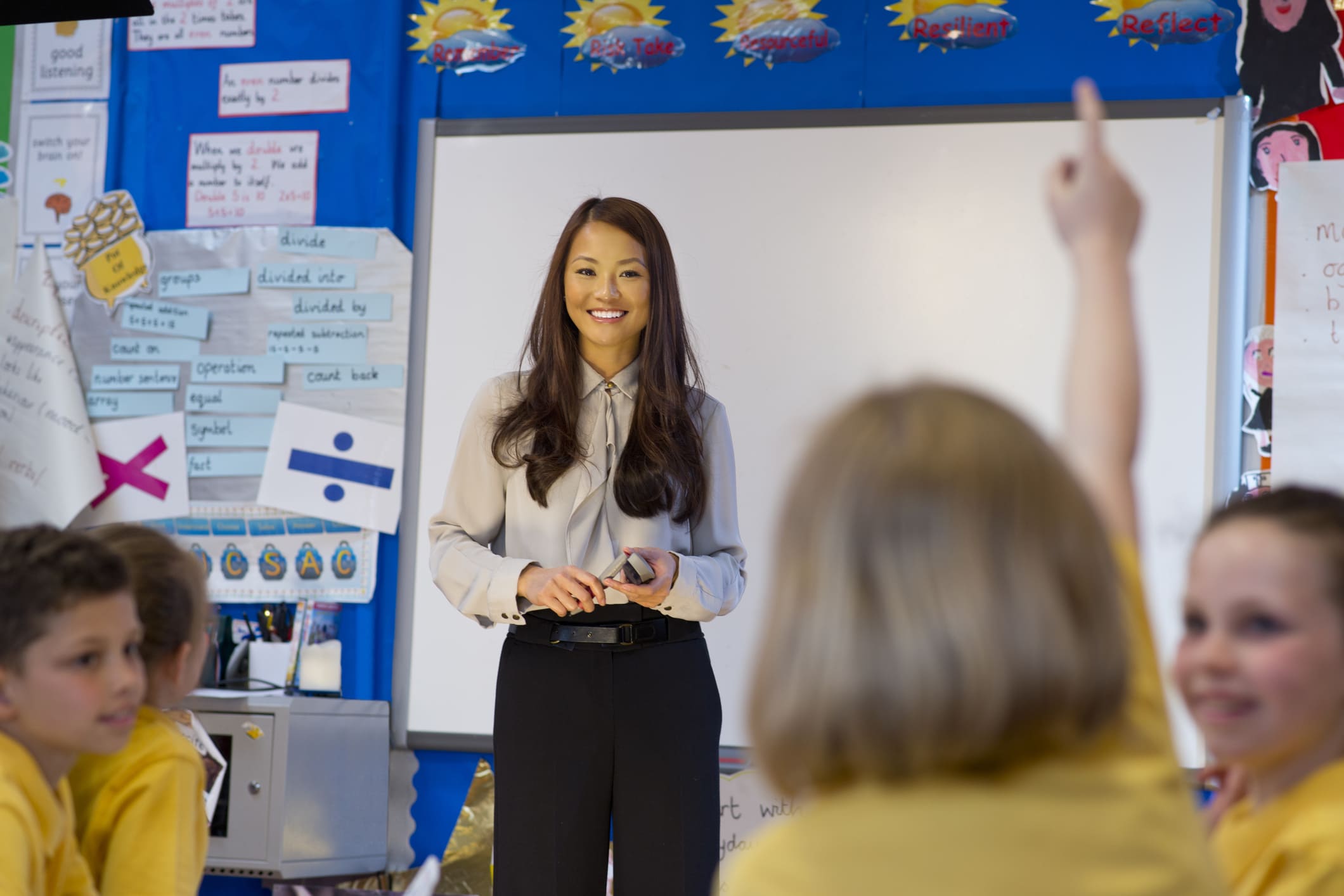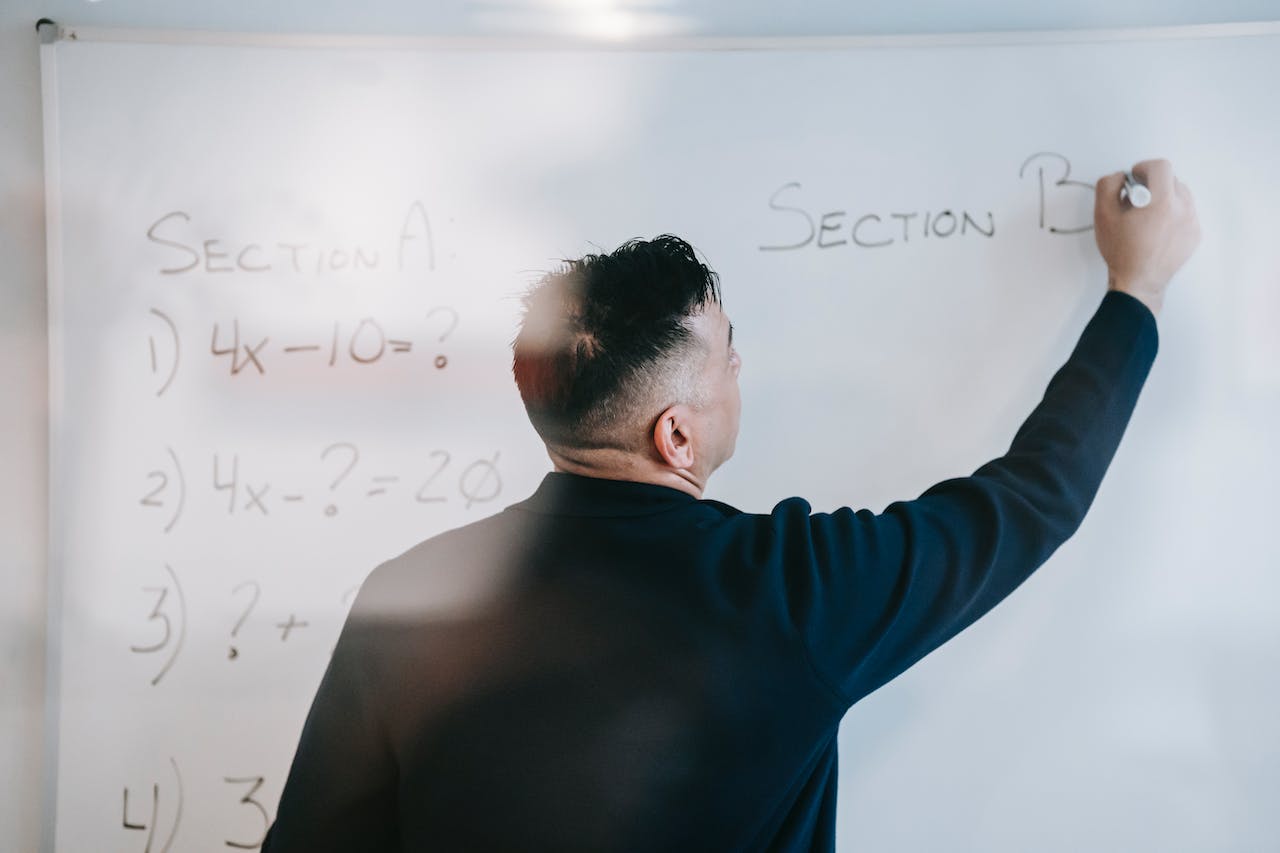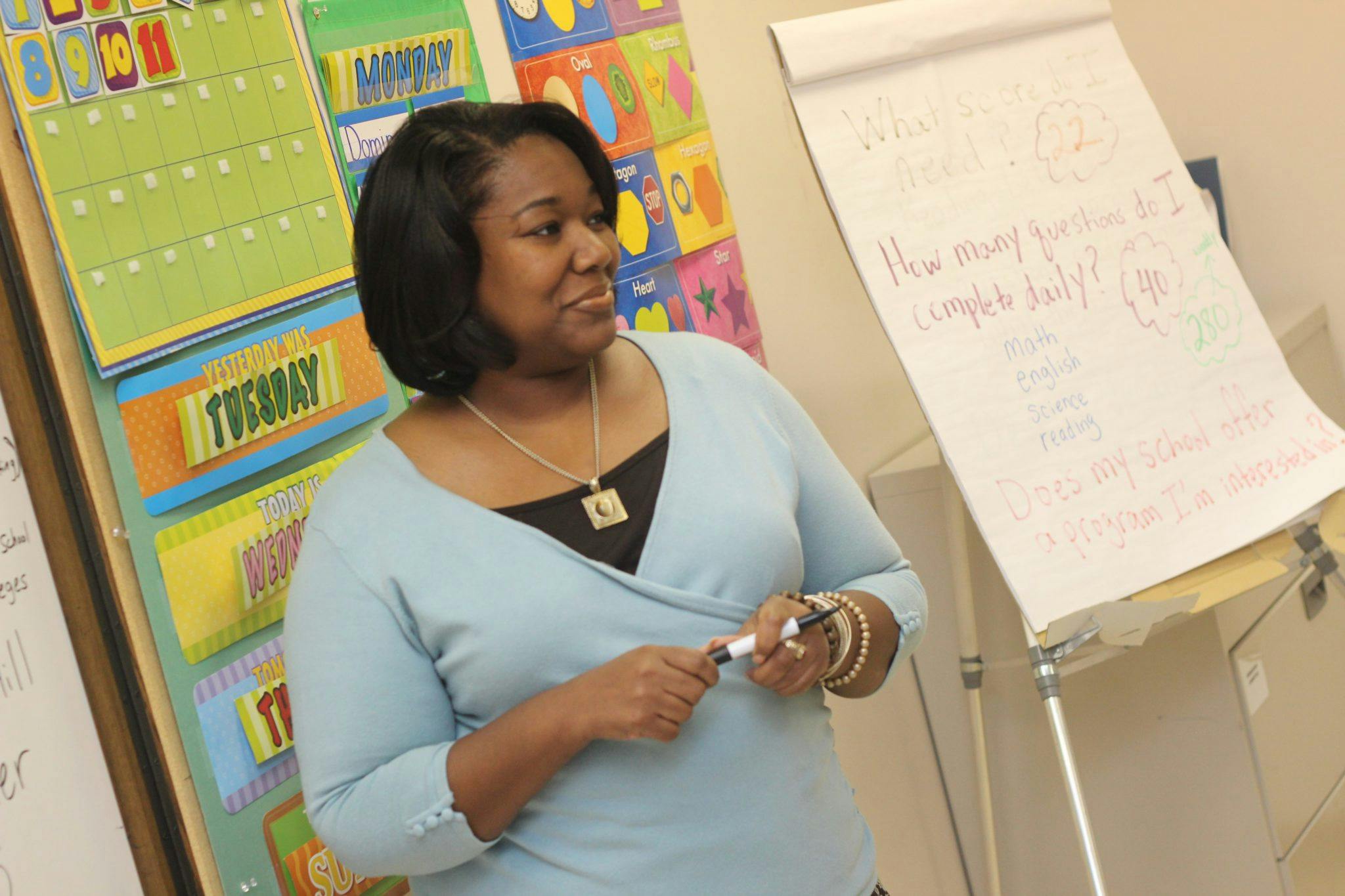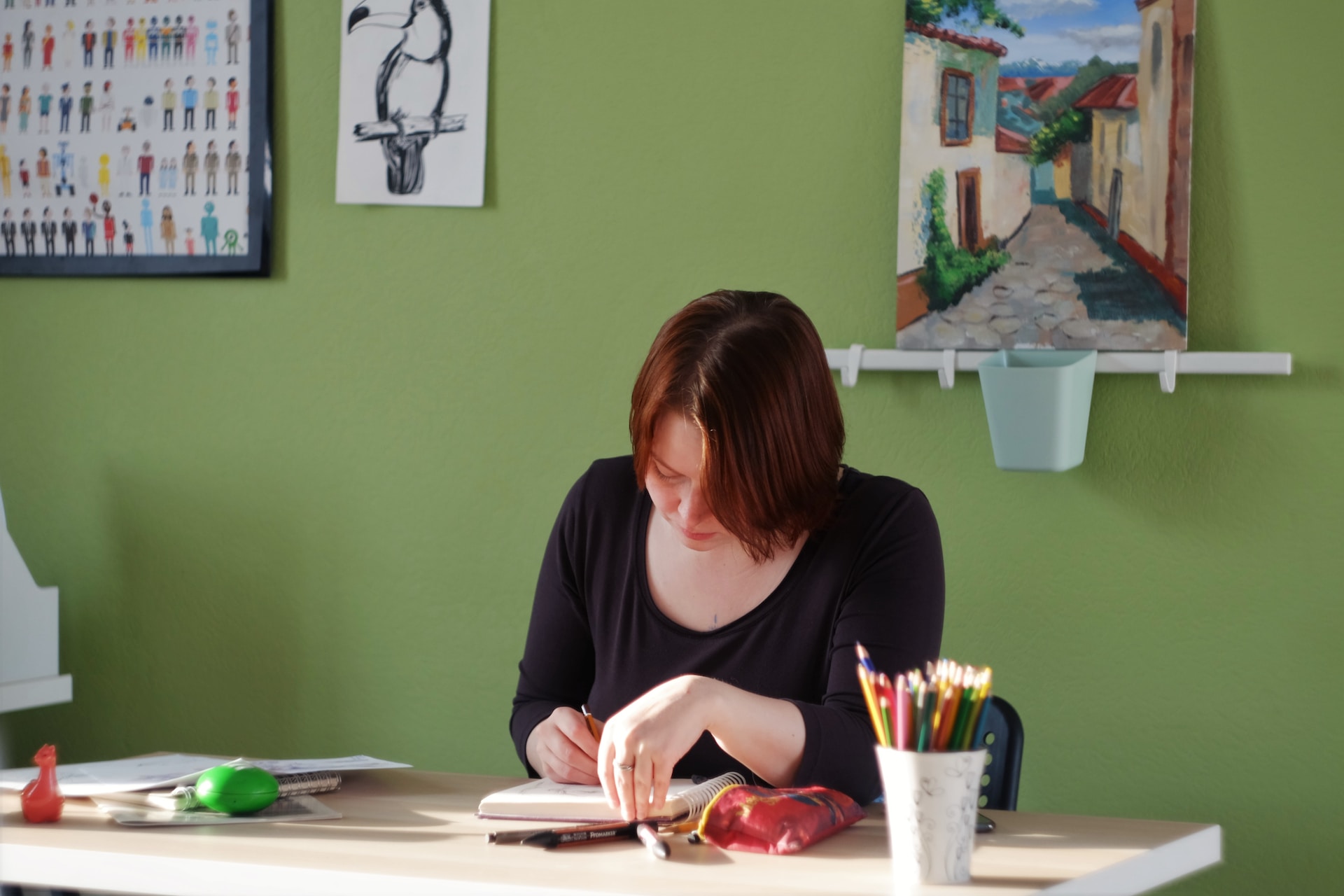There are many types of Primary Schools to choose from in the UK and it’s important to select one that suits your working preferences. So, how do you choose what type of school you want to work in, and which positions can you apply for?
You can choose to teach in a small village school in the country, a large private school with its own grounds or an inner-city school for disadvantaged children. Each one is as unique as the children you will be teaching.

